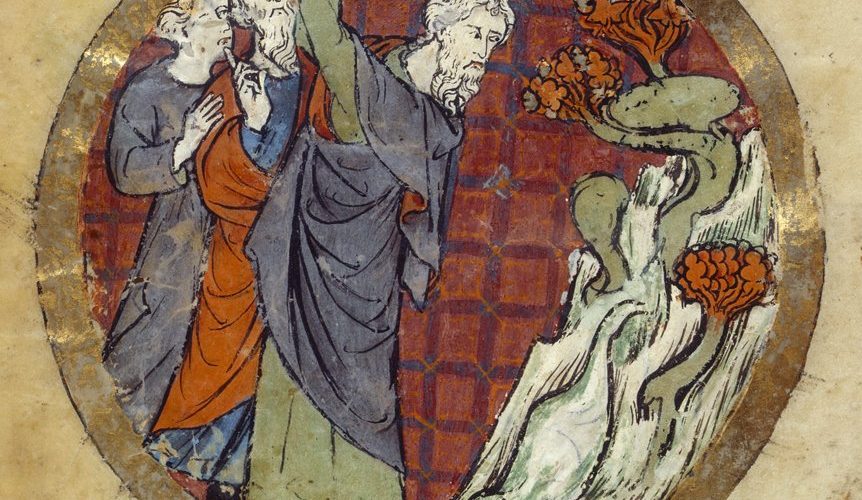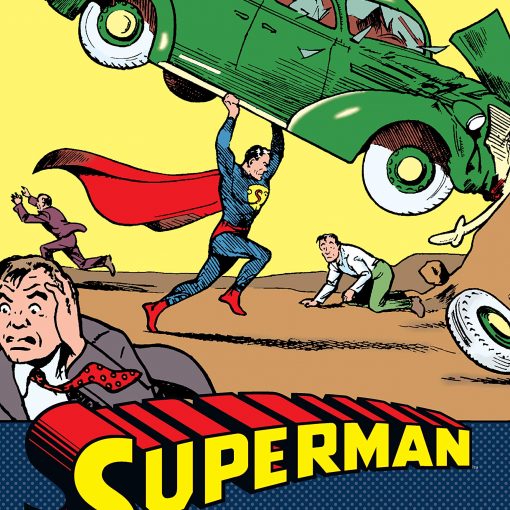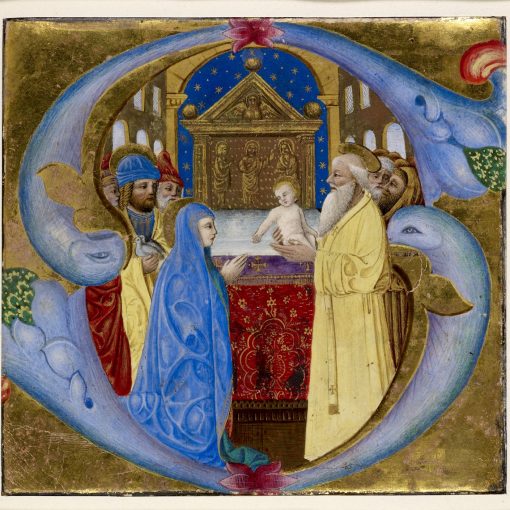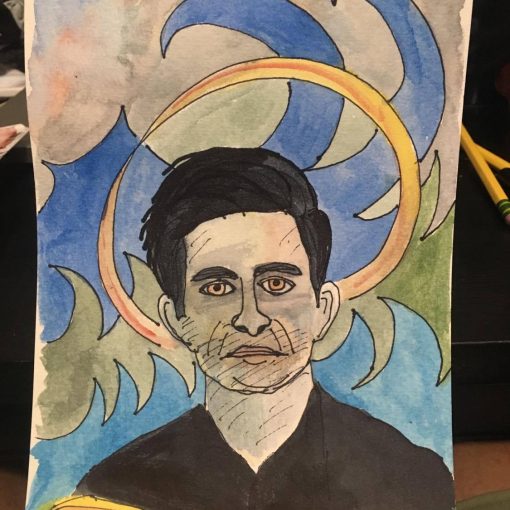This is an entry in the “Acrostic Contemplations.”
Kadesh means “sanctuary,” and derives from the same Hebrew root that gives us the word for “holy,” and it is the place in the wilderness where the Israelites stop before they make their promised entry into the land flowing with milk and honey (Num. 20). The pursuing Egyptians were left behind in the waters of the Yam Suph and here that could find rest before taking their next great step of faith. It is not a coincidence that it was in this place and time of sanctuary that Moses and the Israelites also experienced some of their deepest moments of grief and doubt.
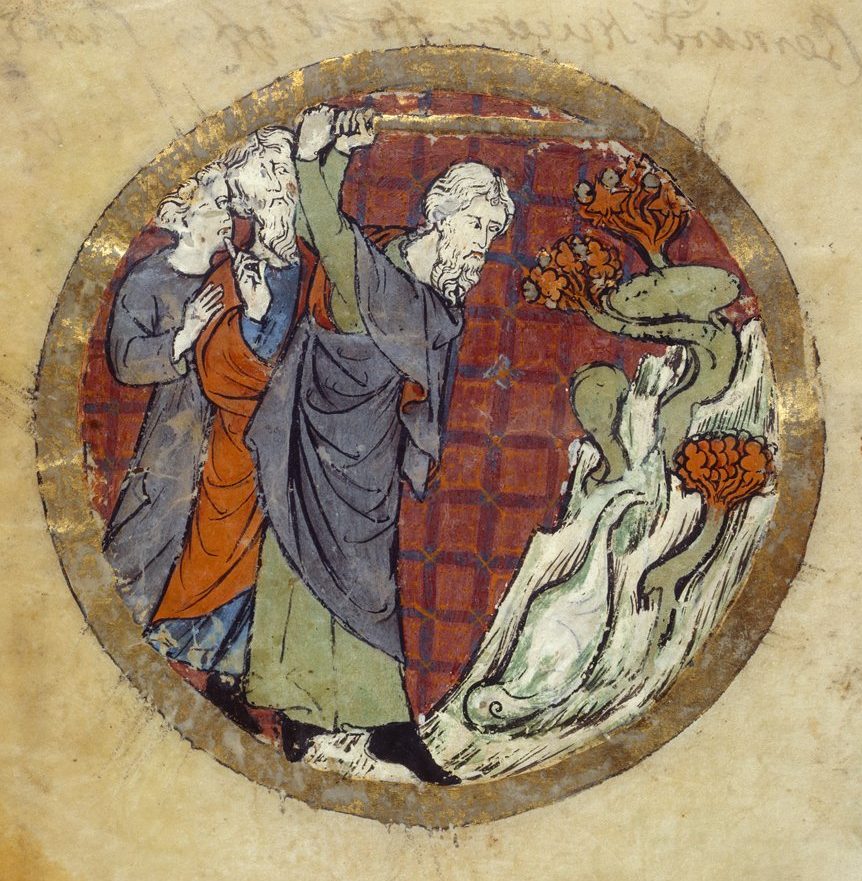
Miriam was buried at Kadesh and when the people complained that they had nothing to drink, “Why have you brought us up out of Egypt, to bring us to this wretched place?” Moses struck the rock as God commanded, but in anger or doubt or wanting to demonstrate his own power, he did so twice, which was one time too many for God. Thus Moses would never enter the Promised Land. It was earlier (Num. 13), while camped at this region, that the Israelites had heard the spies report of how amazingly reach and abundant this land was that God had promised them and they quailed, listening to those who said the enemy was too big to defeat rather than Caleb’s confidence assertion that they would be victorious. The result was that none of that generation but Caleb would enter the land that God had promised to their ancestors. So, the story is retold, they wandered in the desert for forty years. They didn’t wander very far though. Most of those years, however, we spent right there, around Kadesh-barnea, the “sanctuary of conflict.” [mfn]So, The Hebrew and Aramaic Lexicon of the Old Testament by Ludwig Koehler and Walter Baumgartner. The actual meaning of “Barnea” is uncertain.[/mfn]
The image of people driven out or fleeing from one country to another is found in literature because it is found in life. As I write this now, over 2.5 million Ukrainians have fled the Russian invasion of their country. I learned this week that Michael Bond’s image of Paddington Bear wandering the eponymous train station with a tag saying, “Please take care of this bear,” grew out of his memories of Jewish children fleeing Nazi Germany. The story of the Exodus, God’s deliverance of his people out of the slavery of Egypt is mirrored by God sending their ancestors into exile under the rule of the Babylonians. In between, they were frustrated and fearful that they would die in the wilderness, even as it was in the wilderness where God met them. “This shall be the sign for you that it is I who sent you: when you have brought the people out of Egypt, you shall worship God on this mountain” (Ex. 3:12).
“There will be wars and rumors of war,” Jesus promised. Yet there, then too, I will be with you. The wickedness of humanity is found throughout history, but God’s grace is timeless and eternal. Even in the midst of conflict there is sanctuary to be found. The sanctuary may not be safe, but it is holy because God is there. One strike on the stone is all that is needed for the water to flow. It may not be comfortable, in fact I can promise with near certainty that it will not be. It will be sufficient. Sufficient to save, sufficient to prepare us for the next stage of the journey.
“Not all those who wander are lost.” [mfn]J. R. R. Tolkien, “The Riddle of Strider” in The Fellowship of the Ring.[/mfn] We may know where we are and where we are going, but we may also know that the time is not right. The hours, the days, adding up to our forty years have to flow past before we are ready, prepared, refined to receive the promise that has been given to us. The journey continues even if for a time it involves staying in one place.
